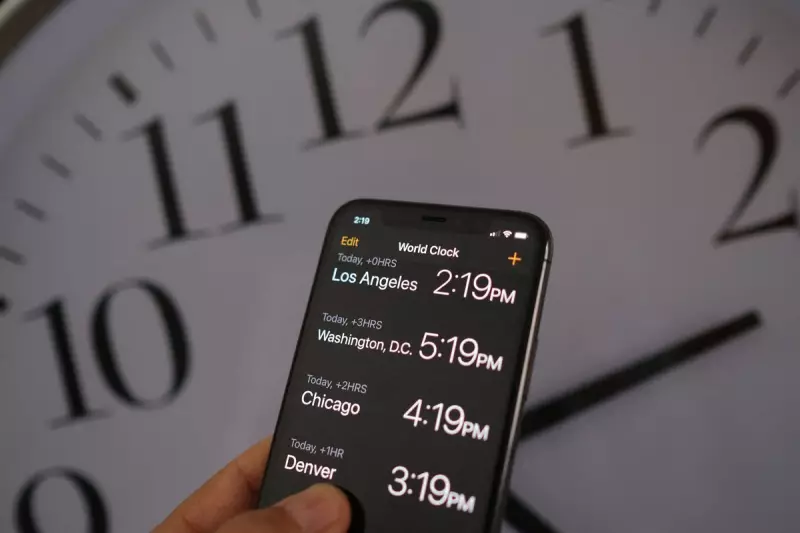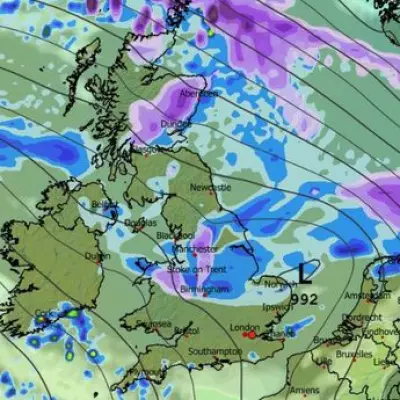
The annual ritual of springing forward is nearly upon us, marking the beginning of longer, brighter evenings across the United Kingdom. As winter's grip loosens, millions of Britons will prepare to adjust their clocks and embrace the shift to British Summer Time.
When Exactly Do the Clocks Change in Spring 2024?
Mark your calendars for Sunday, 31st March 2024 at precisely 1:00 AM. At this moment, clocks will jump forward to 2:00 AM, signalling the official start of British Summer Time (BST). This change means we effectively lose one hour of sleep but gain an extra hour of daylight in the evenings.
The Simple Rule to Remember
If you ever find yourself confused about which way the clocks move, just remember this handy phrase: "Spring forward, fall back." This simple mantra ensures you'll always know that clocks move forward in spring and backward in autumn.
Why Do We Still Change Our Clocks?
The practice of changing clocks dates back to the First World War when it was introduced to conserve energy by making better use of natural daylight. The concept was first proposed by British builder William Willett in 1907, who argued that adjusting clocks would reduce energy consumption and give people more daylight hours for recreation.
Today, the system alternates between:
- Greenwich Mean Time (GMT) during winter months
- British Summer Time (BST) from late March to late October
The Growing Debate: Is It Time to Stop?
In recent years, the tradition has faced increasing scrutiny. Many argue that the original energy-saving benefits no longer apply in our modern society, while others point to health concerns associated with the sudden time shift.
Research has shown that the clock change can disrupt sleep patterns and circadian rhythms, potentially leading to:
- Increased risk of heart attacks in vulnerable individuals
- Temporary productivity drops in workplaces
- More road accidents in the days following the change
Despite these concerns and various parliamentary petitions calling for an end to the practice, the UK government has maintained the current system, citing the importance of alignment with European trading partners and the complexity of changing established time zones.
Looking Ahead: The Autumn Change
For those already thinking ahead, the clocks will fall back on Sunday, 27th October 2024, returning the UK to Greenwich Mean Time and granting us an extra hour in bed.
As the debate about daylight saving time continues, one thing remains certain: for now, the biannual clock change remains a fixed feature of British life, marking the transition between seasons and bringing with it the promise of summer evenings to come.





